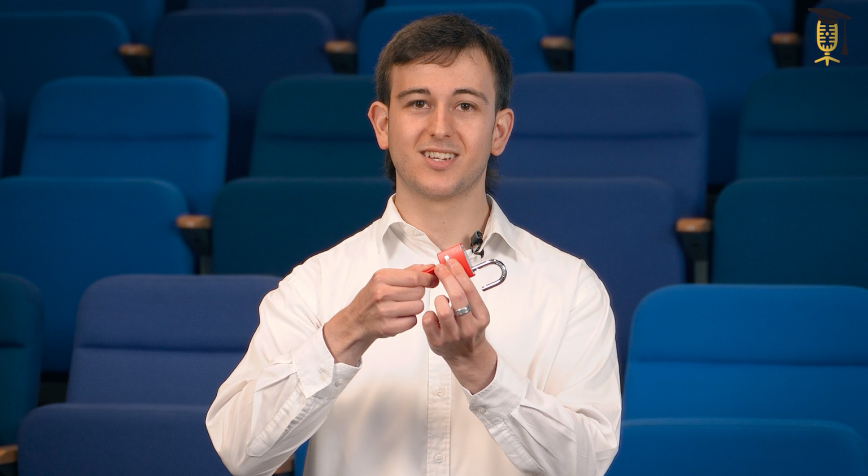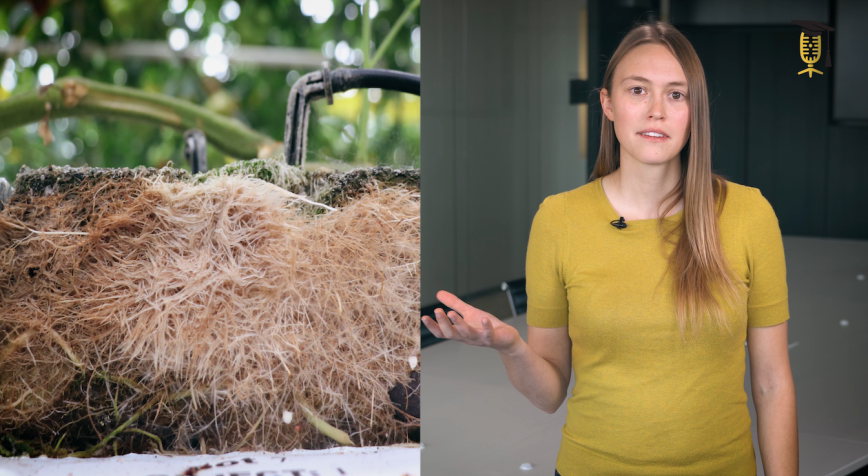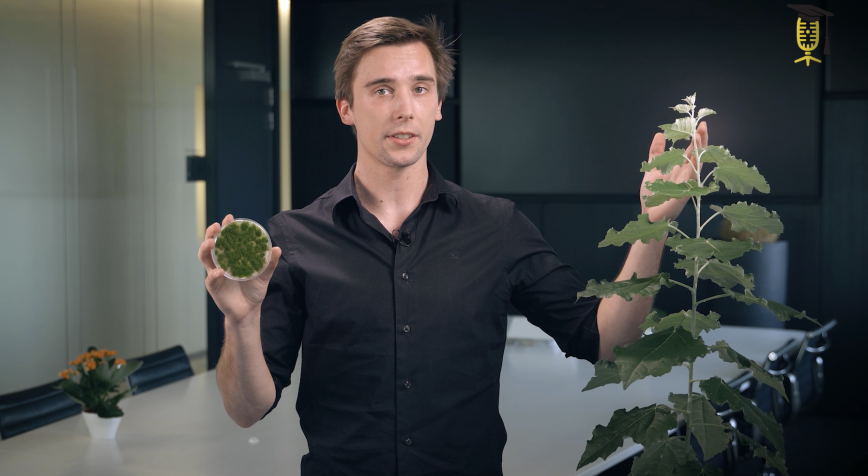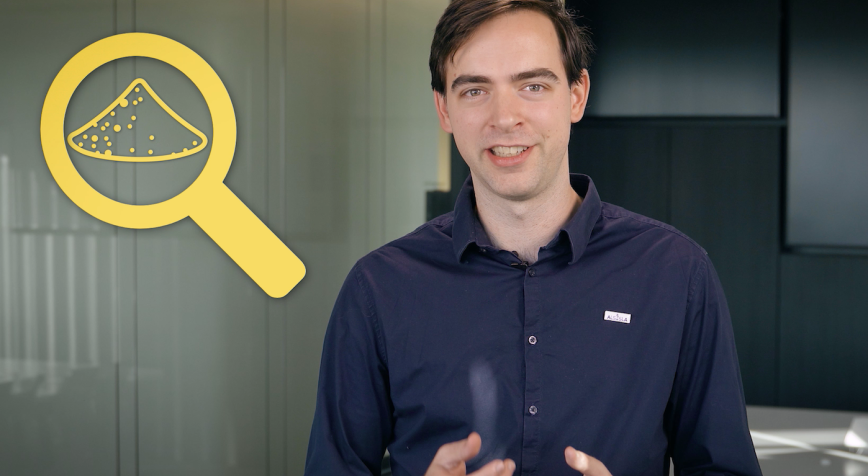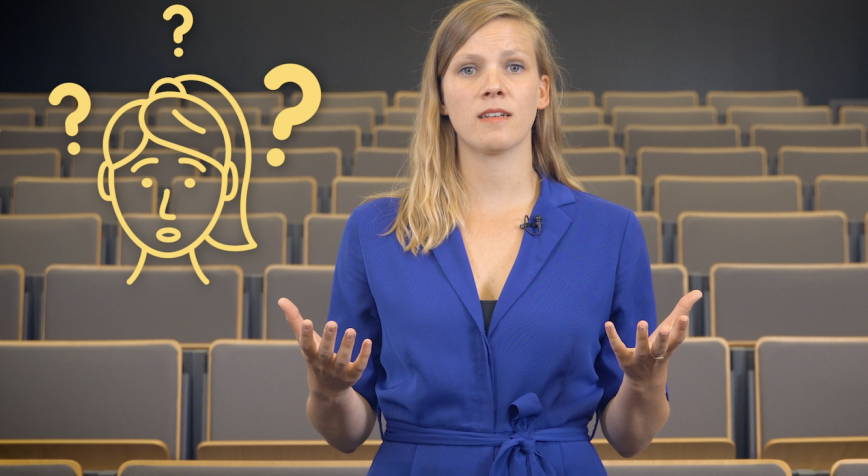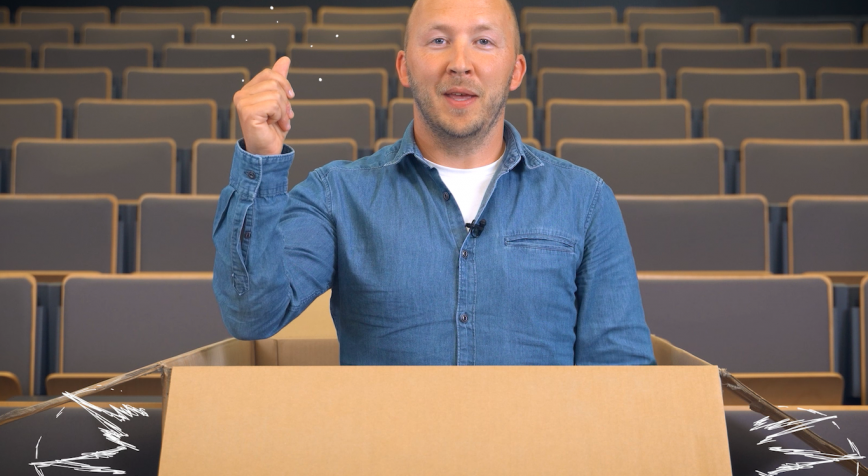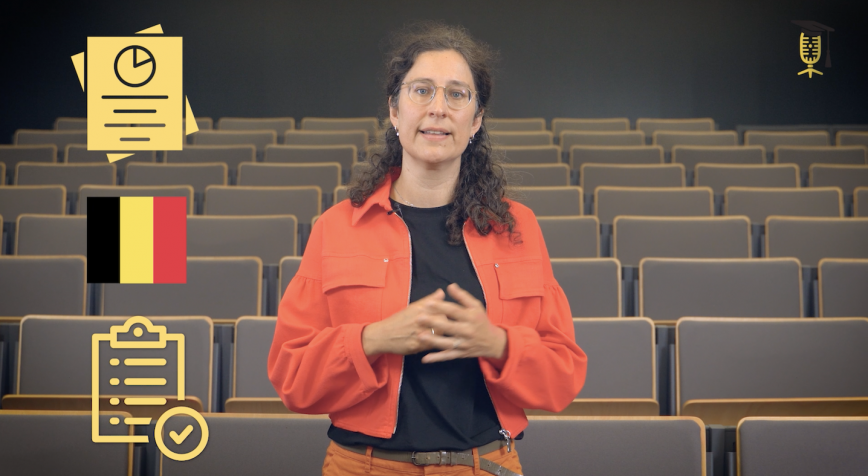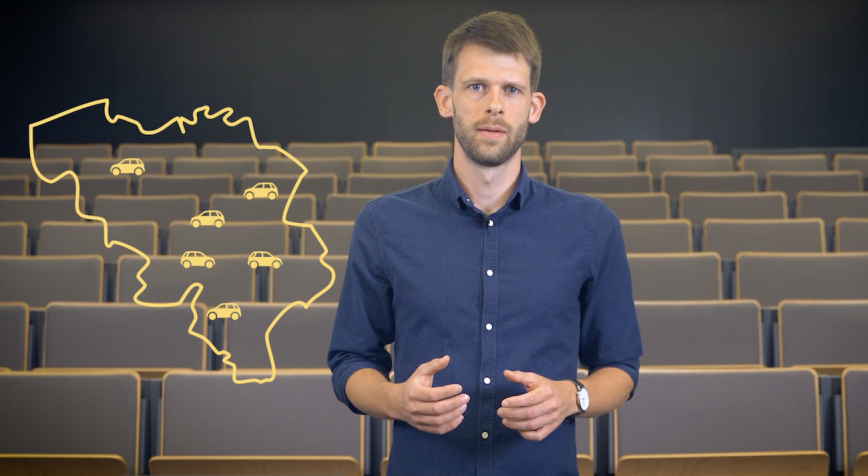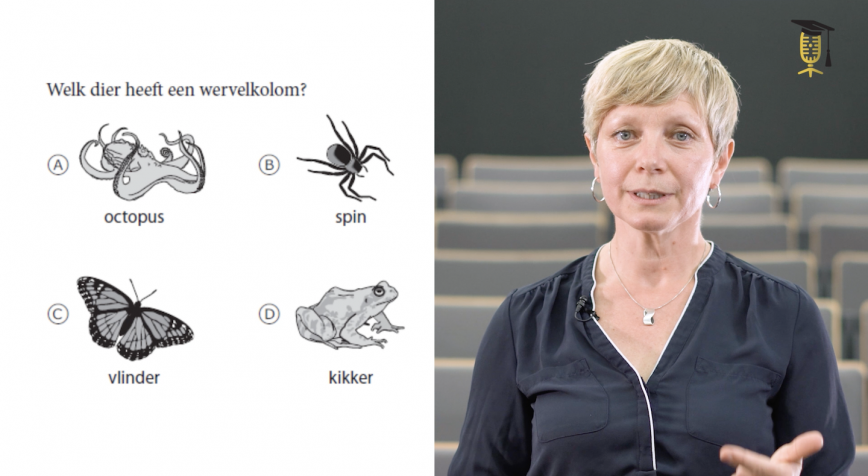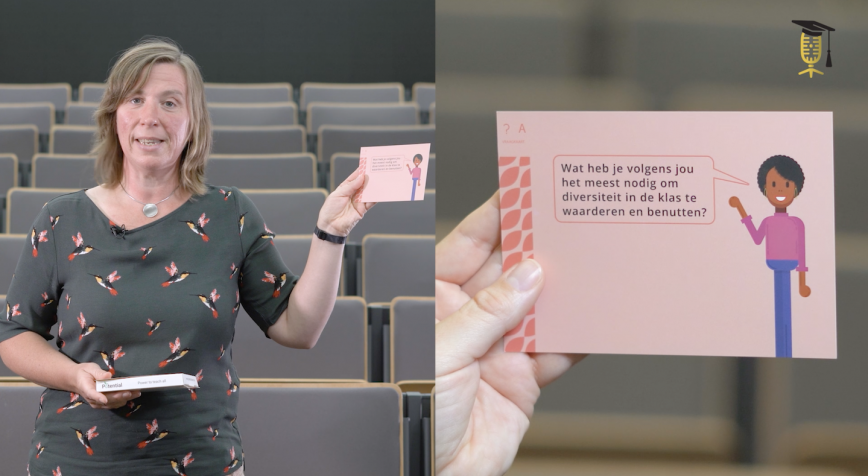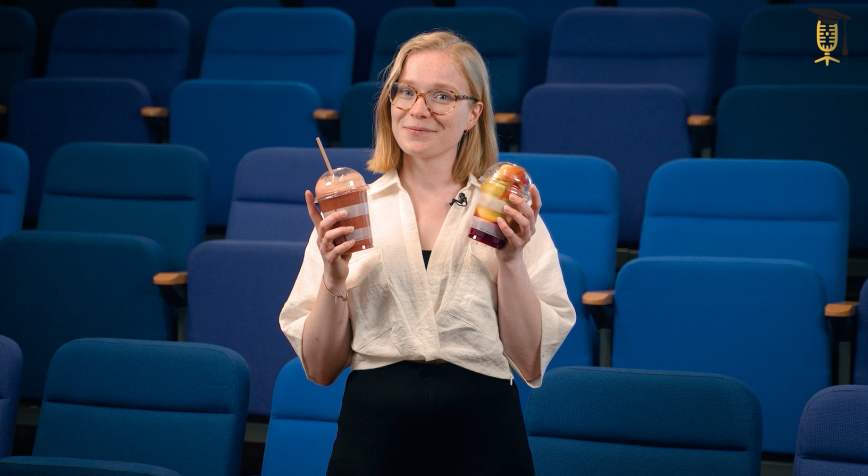
UAntwerpen
VIB
Alzheimer's disease: from smoothie to fruit salad
Have you ever enjoyed a delicious smoothie? The way this tasty drink is made has similarities to how Alzheimer's disease research has been approached in the past decades. In this video, Lara De Deyn explains why she chooses a fruit salad approach in her research. A very nice metaphor to tell how Alzheimer's disease research is evolving.
